Aged-care fightback: ‘we did have a plan’
Brendan Murphy has blasted the aged care royal commission over claims the Morrison government had no COVID-19 plan for aged care.
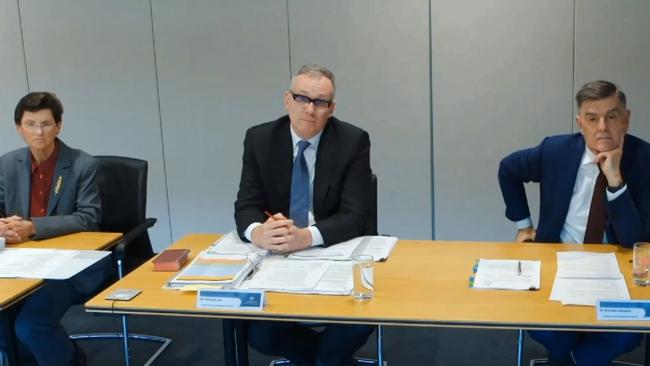
Australia’s most senior health bureaucrat has blasted the aged care royal commission over claims the Morrison government had no COVID-19 plan for aged care and said the fact most deaths were nursing home residents showed the nation was handling the outbreak well.
But in a testy hearing the commission hit back at federal health secretary Brendan Murphy over conflicting government advice about how many extra care workers nursing home operators may need in a pandemic.
Professor Murphy, the former chief medical officer and face of the COVID-19 response in the first months of the pandemic, was a surprise witness at the commission, having made a last minute request to attend its three-day examination of how the aged care sector was dealing with coronavirus.
As part of a panel of bureaucrats wrapping up the hearing, Professor Murphy interrupted proceedings to ask if he could make a short statement refuting “inaccurate statements” by counsel assisting Peter Rozen on Monday that the government had not developed a COVID-19 plan specifically for aged care.
Commissioner Tony Pagone briefly adjourned proceedings to consult with co-commissioner Lynelle Briggs and then returned to refuse his request, saying no other witness had been given such leave over the almost two-year course of the inquiry.
However he was eventually allowed to make his statement at the conclusion of his evidence.
“We reject categorically that the Australian Government failed to adequately plan and prepare,” Professor Murphy said.
“We have well established emergency coordination response arrangements which were initiated and operated right from the beginning of the pandemic with a strong focus on the protection of our most vulnerable people, the elderly.”
Professor Murphy also took issue with witnesses accusing authorities of policy failures because more than two-thirds of all COVID deaths in the nation so far were from nursing homes, a proportion that is still rising. Of the 21 people who died of COVID in the last 24 hours, 16 were from nursing homes.
“I would just like to strongly reject the assertion that somehow the proportion of an extraordinary low death rate in Australia that is high in aged care has any pejorative interpretation,” he said.
“I would say the contrary is true.
“Our mortality rate from COVID, tragic though every death is, is only 1.5 per cent compared to 15 per cent in the UK, 5 per cent in the US.
“Across our aged care facilities 0.1 per cent of our aged care residents have unfortunately succumbed to this terrible disease whereas in the UK it‘s 5 per cent with nearly 20,000 deaths and many, many more not detected,” he said.
Professor Murphy joined a panel including Janet Anderson, the aged care regulator, and Michael Lye, the nation’s most senior aged care bureaucrat.
Mr Rozen at one stage rebuked Professor Murphy for helping Mr Lye with an answer.
Counsel assisting asked the panel why the Communicable Diseases Network Australia response plan for COVID-19, the main response document for all governments, continued to advise nursing homes to assume a 20-30 per cent workforce absentee rate during a pandemic even after outbreaks at Newmarch House and Dorothy Henderson Lodge in Sydney revealed as many as 80 per cent of staff were unable to work.
“We could not expect a provider to have a plan that enabled them to surge up more than 20 to 30 per cent,” Professor Murphy said.
“We advised them that in the unlikely event (of) a big outbreak if it was worse than that we would provide the extra surge support.”
Mr Rozen then asked why a separate government document created in June to advise providers what to do in the first 24 hours of an outbreak said they should be aware 80-100 per cent of their staff may need to isolate.
“The 80-100 per cent is a worst case scenario. It‘s information to give them that has happened on a couple of occasions and that may be an issue but there was no expectation that they should meet that 80-100 per cent,” Professor Murphy said. “So the two pieces of information are not inconsistent.”
The commission heard evidence earlier on Wednesday that more than 1000 aged care workers have contracted COVID-19 across the country.
Diana Asmar, secretary of the Health Workers Union, said aged care workers “feel like they’re on the bottom of the Titanic”.
“We believe there have been over 1000 of our members in aged care that (are) positive to COVID.”


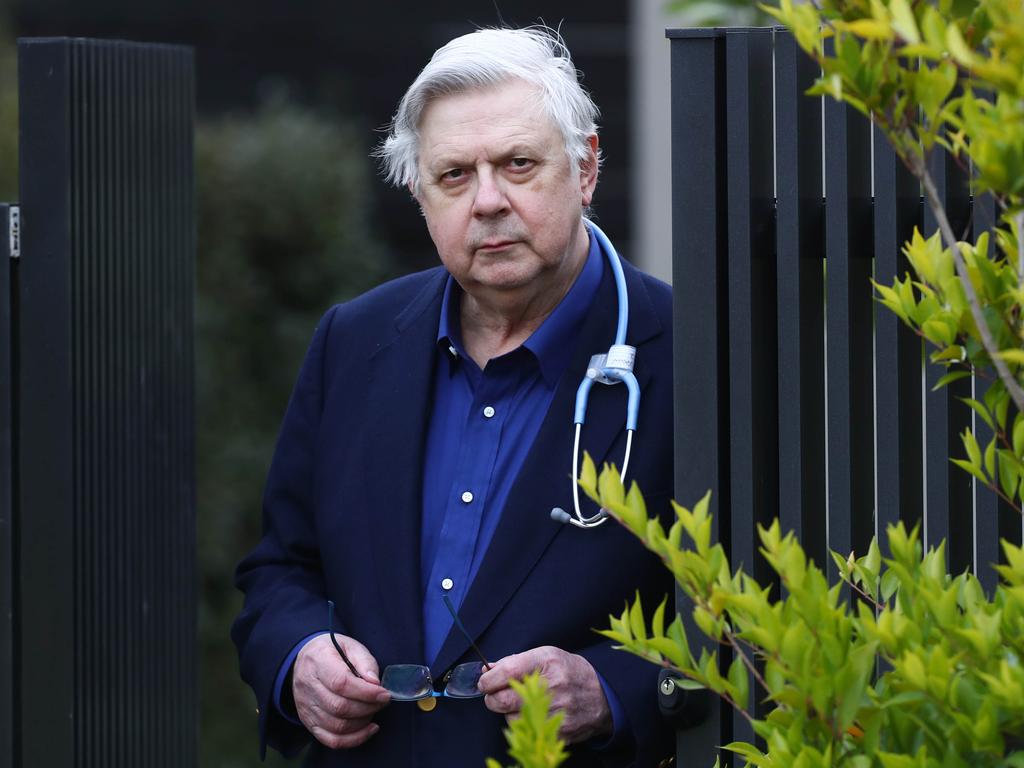
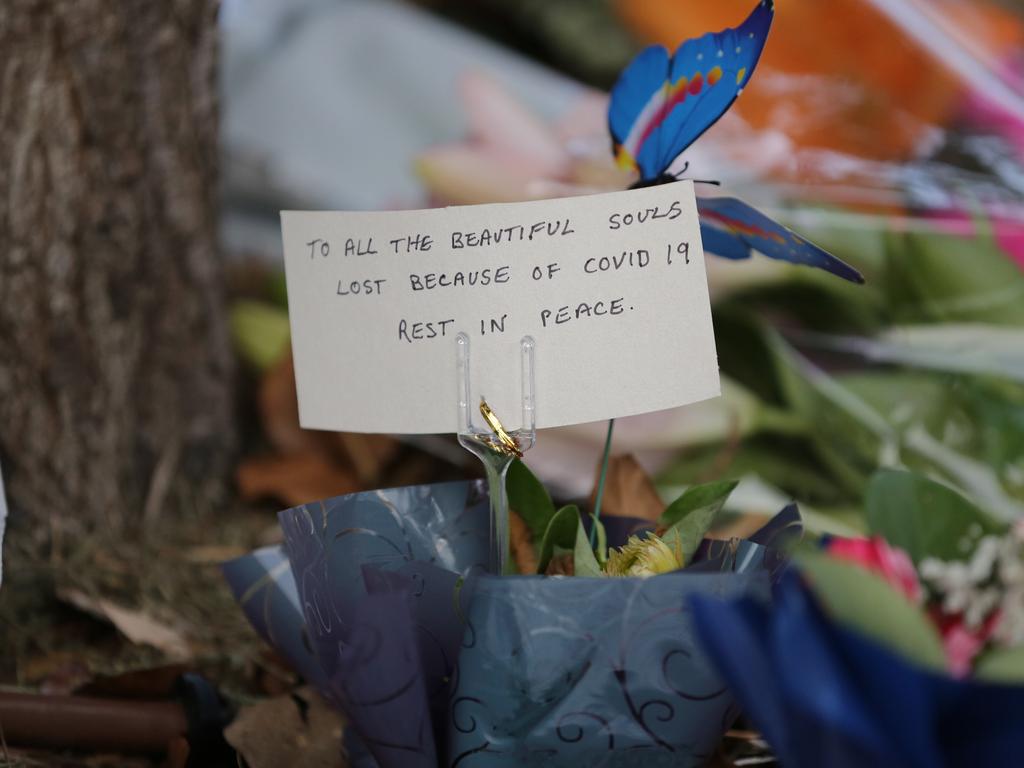

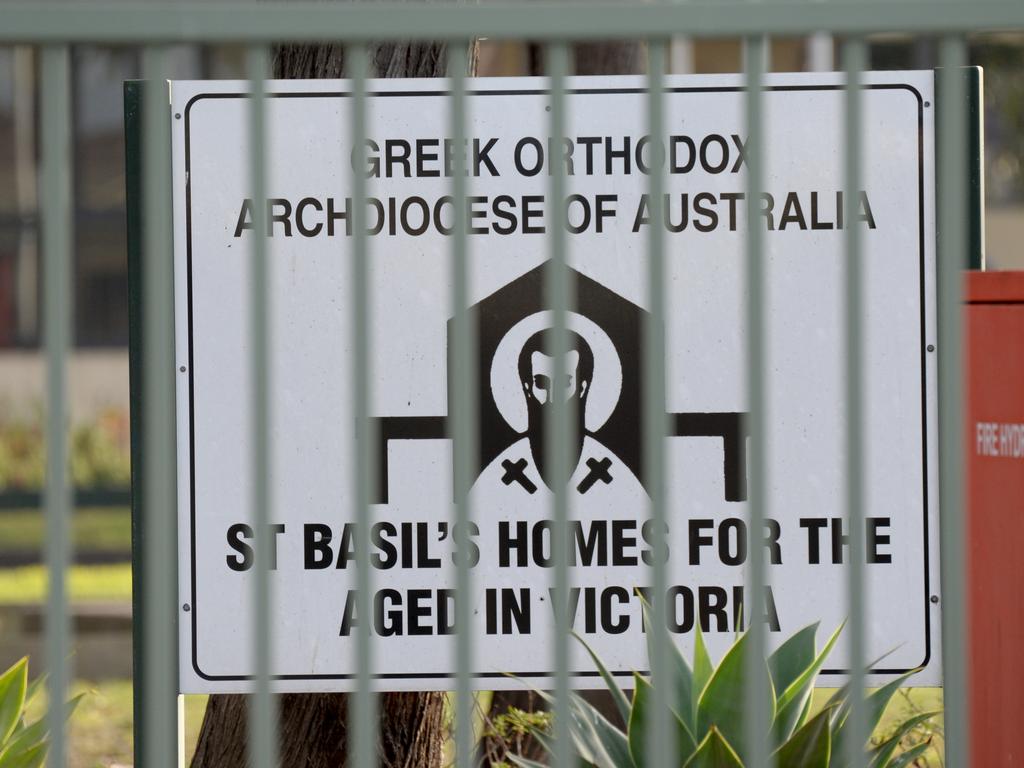
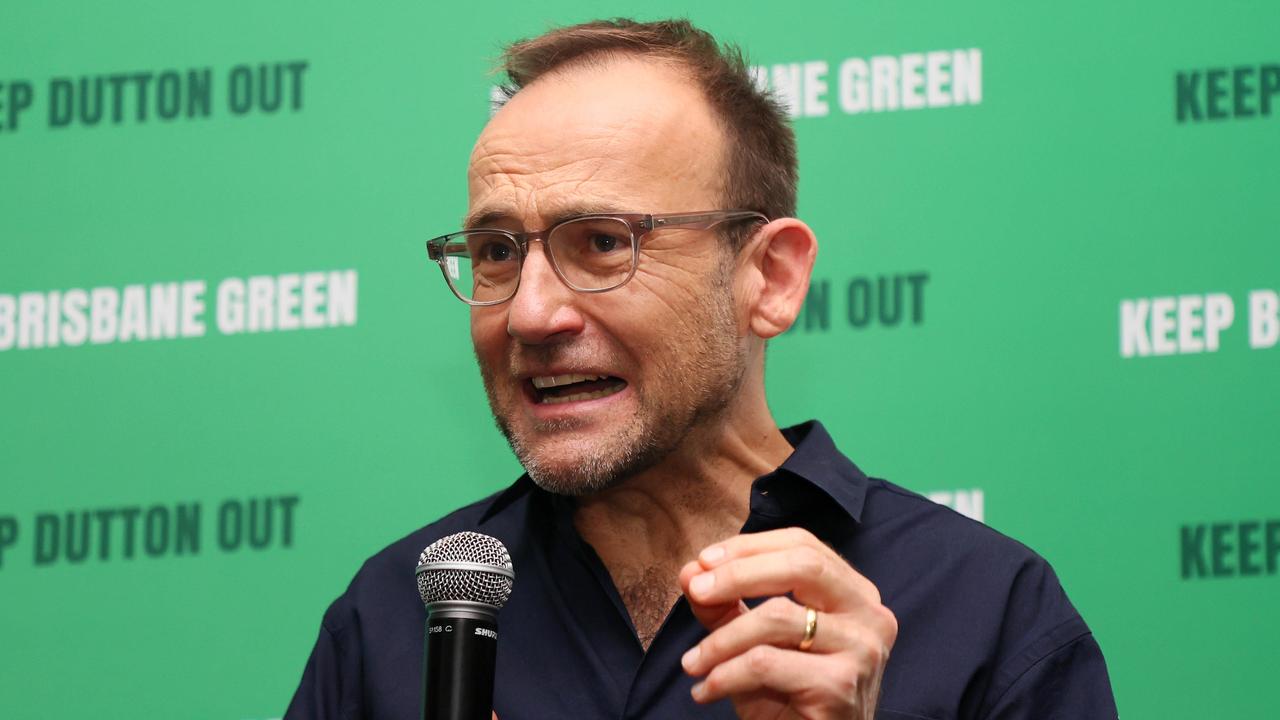
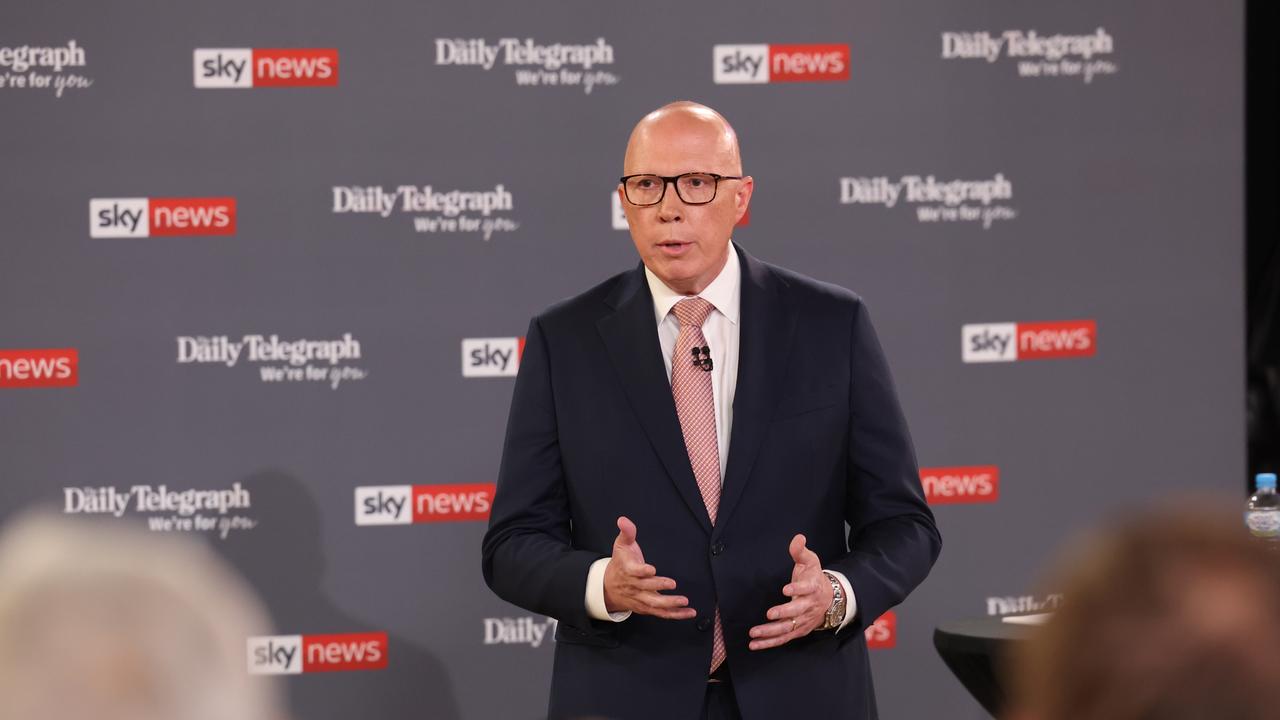
To join the conversation, please log in. Don't have an account? Register
Join the conversation, you are commenting as Logout